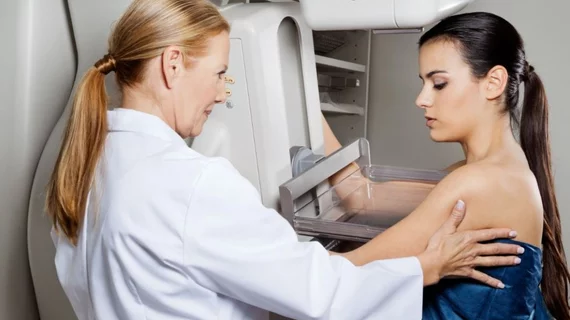Paid sick leave mandates lead to higher cancer screening rates
Breast cancer and colorectal cancer screenings jumped higher in 61 metropolitan areas that introduced required paid sick leave, a new study published in the New England Journal of Medicine found.
Over a seven-year period, these areas saw a 4% rise in breast cancer screening rates and a 6% to 8% rise in colorectal cancer screening rates. The numbers lend credibility to the hypothesis that requiring paid sick leave can boost preventative care in ways that may improve individual and population health, according to the study’s authors.
“These non-monetary barriers to healthcare access matter,” Kevin Callison, PhD, lead author and assistant professor of health policy and management at Tulane’s School of Public Health and Tropical Medicine and The Murphy Institute, said in a statement about the study. “Improving or reducing these barriers can have meaningful impacts on people’s health.”
The results represent the total increase in screening rates, meaning that they include all workers—even those who already had access to paid sick leave before the mandates. The study’s authors estimate that the numbers would likely hover between a 9% to 12% rise in breast cancer screenings and a 21% to 29% rise if they only included the 20 million workers who gained access to paid sick leave for the first time.
“Our effects become much larger if we're willing to assume that only the workers who are gaining paid sick leave coverage are the ones who are changing their screening behaviors,” Callison said.
The study’s data was drawn from administrative claims from several large employers and health insurance plans covering approximately 2 million workers.
Currently, 17 states and 18 cities have mandated paid sick leave, while an additional 18 states have passed laws that prohibit cities from mandating paid sick leave.
View the full study here.
